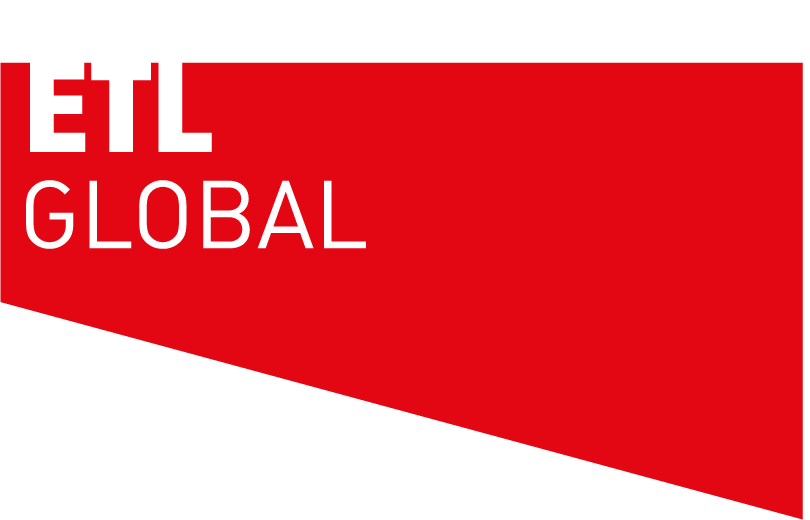
The Coronavirus Job Retention Scheme is ending this month (October) and businesses that have utilised the range of support and various schemes to navigate the Coronavirus crisis will now have to consider future planning with fewer Government-funded grants, loans and other measures. Local lockdown restrictions also place further challenges on many businesses and industries in those areas. In this article, we highlight some of the ongoing support packages and lifelines available for businesses struggling to cope with the impact of Covid-19.
The economic slump as a result of the lockdown has eliminated any thoughts of a speedy recovery, cashflow forecasting during any time of uncertainty is difficult, but there is extra pressure on firms as the UK emerges from lockdown so dramatically altered by Covid-19. Business cannot be expected to return to pre-lockdown levels given the ongoing restrictions still in place, and the fear in the public conscious over a further rise in cases and threat of a second lockdown.
The Tier System
The new three-tier system for local Covid-19 restrictions has begun in England. The traffic-light system splits the nation into three levels of alert – medium risk, high risk and very high risk – depending on each region’s infection rate. The more severe the alert issued, the more lockdown measures will be put in place to prevent the spread of Coronavirus.
A new Government website has been launched to help people understand the Covid-19 restrictions in their area. Use the postcode checker here: https://www.gov.uk/find-coronavirus-local-restrictions
Local lockdown support
This new support package means the businesses in England affected by local lockdown will be able to claim up to £1,500 per property every three weeks, while smaller businesses can claim £1,000. The Local Restrictions Support Grant (LRSG) supports businesses that have been required to close due to temporary COVID-19 local lockdown restrictions imposed by the government. The LRSG supports businesses that were open as usual, providing services in person to customers from their business premises, but which were then required to close for at least 3 weeks due to local lockdown restrictions imposed by the Government. It is for businesses that pay business rates on their premises. Local councils may at their discretion also provide funding for businesses that don’t pay business rates. (Source: gov.uk)
“No business should be punished for doing the right thing, which is why today’s package will offer additional breathing space for businesses that have had to temporarily close to control the virus,” the business secretary Alok Sharma explained.
Job Support Scheme extended
The Government has announced an extension of the Job Support Scheme unveiled by the Chancellor last month. This scheme will replace the existing furlough scheme from 1 November, and will run for 6 months. Under the extension, businesses that are instructed to close will receive 2/3 of their employees’ wages, subject to a cap of £2,100 a month. This is more generous than what was originally announced in respect of the Job Support Scheme, which will provide ongoing wage support for people working at least 33% of their usual hours, but is less generous than the original Job Retention Scheme (furlough), which initially subsidised up to 80% of wages, up to a maximum of £2,500 a month, which has been gradually decreased over the past two months.
Help for large businesses
Under the COVID-19 Corporate Financing Facility (CCFF), the Bank of England will buy short-term debt from large companies. This scheme will support your company if it’s been affected by a short-term funding squeeze, and allow you to finance your short-term liabilities. It will also support corporate finance markets overall and ease the supply of credit to all firms. The scheme is delivered through commercial lenders, backed by the Bank of England.
It will operate for at least 12 months, and for as long as steps are needed to relieve cash flow pressures on firms that make a material contribution to the UK economy. (Source: gov.uk)
Government-backed loan schemes
There are a range of loan packages available for small and medium sized businesses supported by the UK Government. The Coronavirus Bounce Back Loan scheme helps small and medium-sized businesses to borrow between £2,000 and up to 25% of their turnover. The maximum loan available is £50,000. The Government guarantees 100% of the loan and there won’t be any fees or interest to pay for the first 12 months. After 12 months the interest rate will be 2.5% a year.
The Coronavirus Business Interruption Loan scheme helps small and medium-sized businesses to access loans and other kinds of finance up to £5 million. The government guarantees 80% of the finance to the lender and pays interest and any fees for the first 12 months.
Business rates relief
Your business may be eligible for business rates relief from your local authority. The Government introduced a 12 month business rates holiday for the retail, hospitality and leisure industry and nurseries. The relief will apply to business rates for the 2020/21 tax year. There is no application process for this, your local council will apply the relief automatically. If you do not believe you have received the business rates relief you are entitled to, contact your local council immediately.
HMRC Time To Pay Scheme
Approximately 11 million self-assessment taxpayers will be able to benefit from a separate additional 12-month extension from HMRC on the “Time to Pay” self-service facility, meaning payments deferred from July 2020, and those due in January 2021, will now not need to be paid until January 2022.
This guide is to support ETL partners and their employees. If you have any further queries or need detailed advice, please contact ETL Global UK HQ on 01942 816 512 or email info@etl-uk.com



